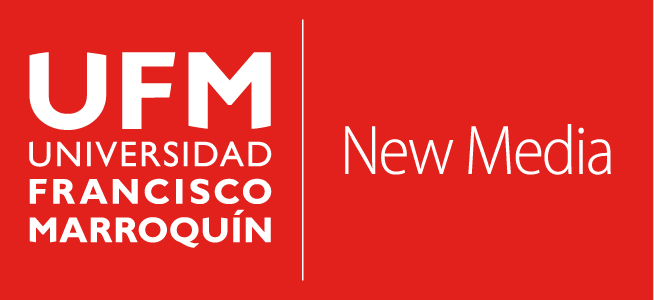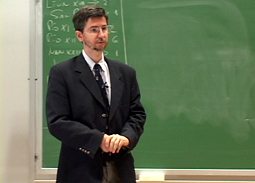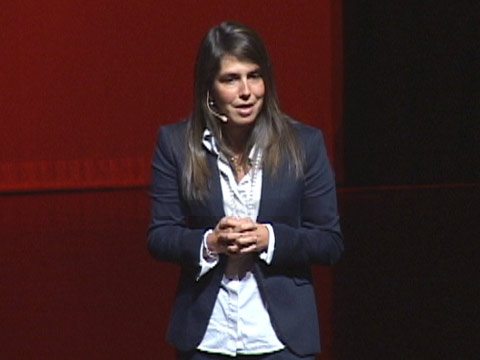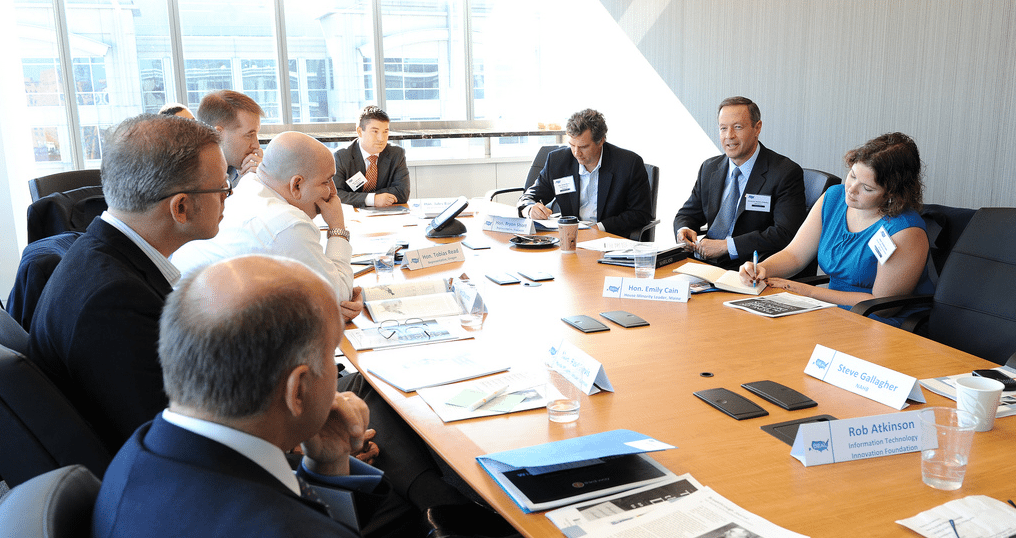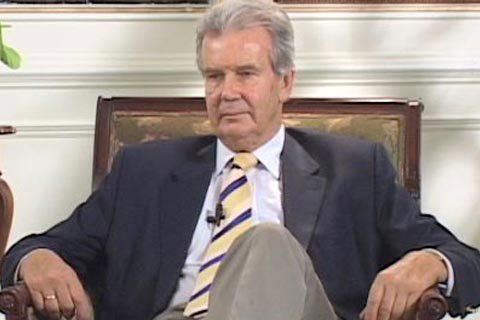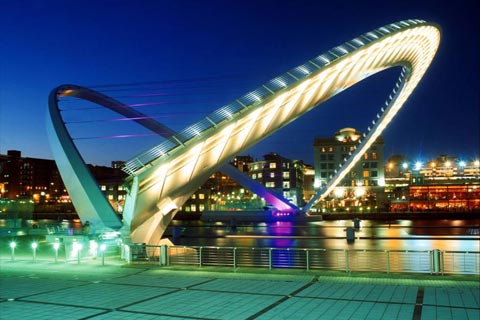About this videoJosé Piñera explains that the future of Latin America depends on whether the principles of sound institutions and free markets will triumph over the ideas of the Cuban Revolution that continue to influence the region. Piñera analyzes the most significant events of what he calls the Chilean Revolution, emphasizing that country's remarkable growth after key liberal economic reforms were put into place. Piñera explains that by adopting Chile as a model, other Latin American countries could also attain similar degrees of development. In this talk he also describes the process of drafting Chile's new constitution, the establishment of the institutions for liberty, the privatization of telecommunications and energy, and pension reform.
|
|
CreditsPlenary Session I, "Liberty in the Americas: The Challenges Ahead" | |
